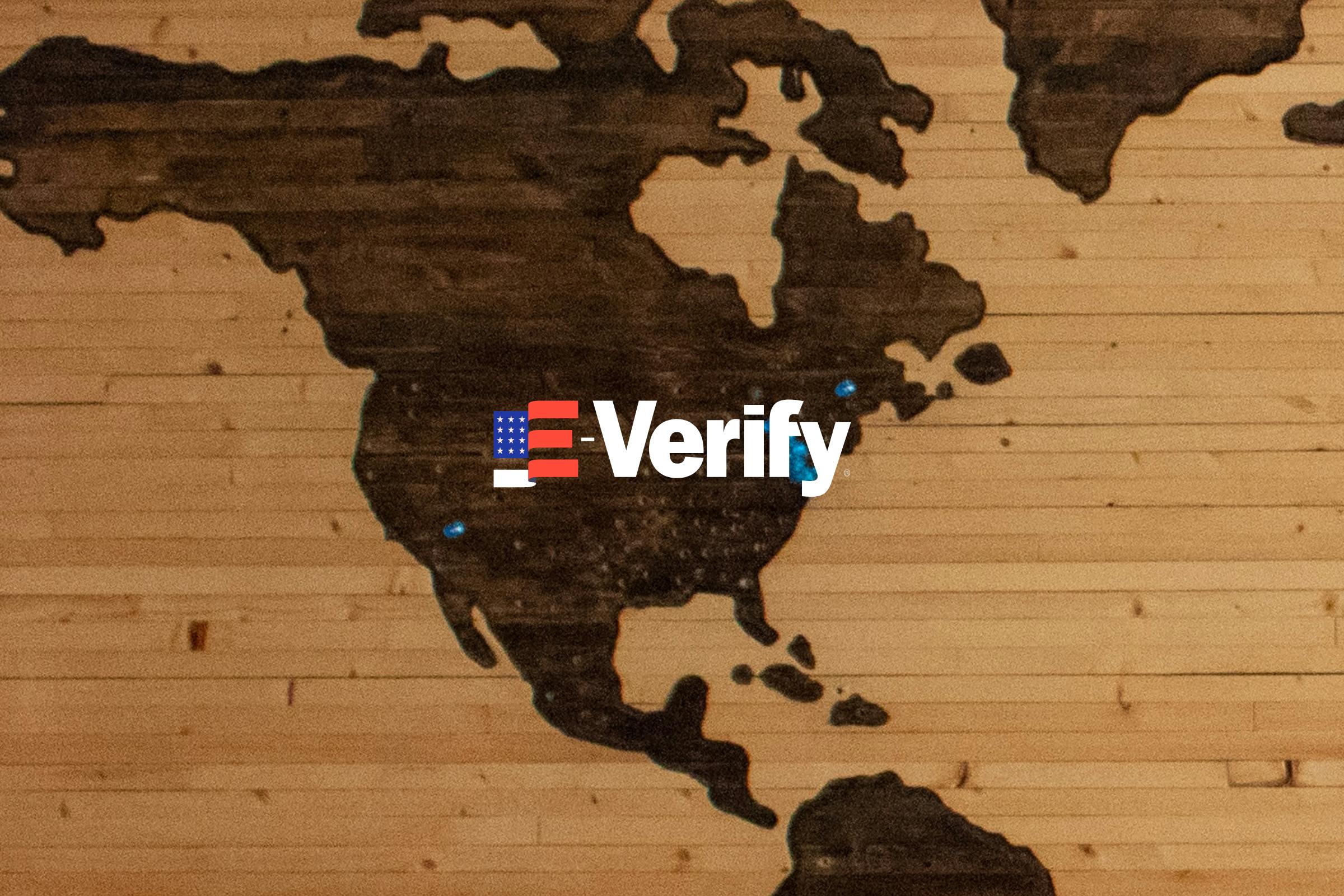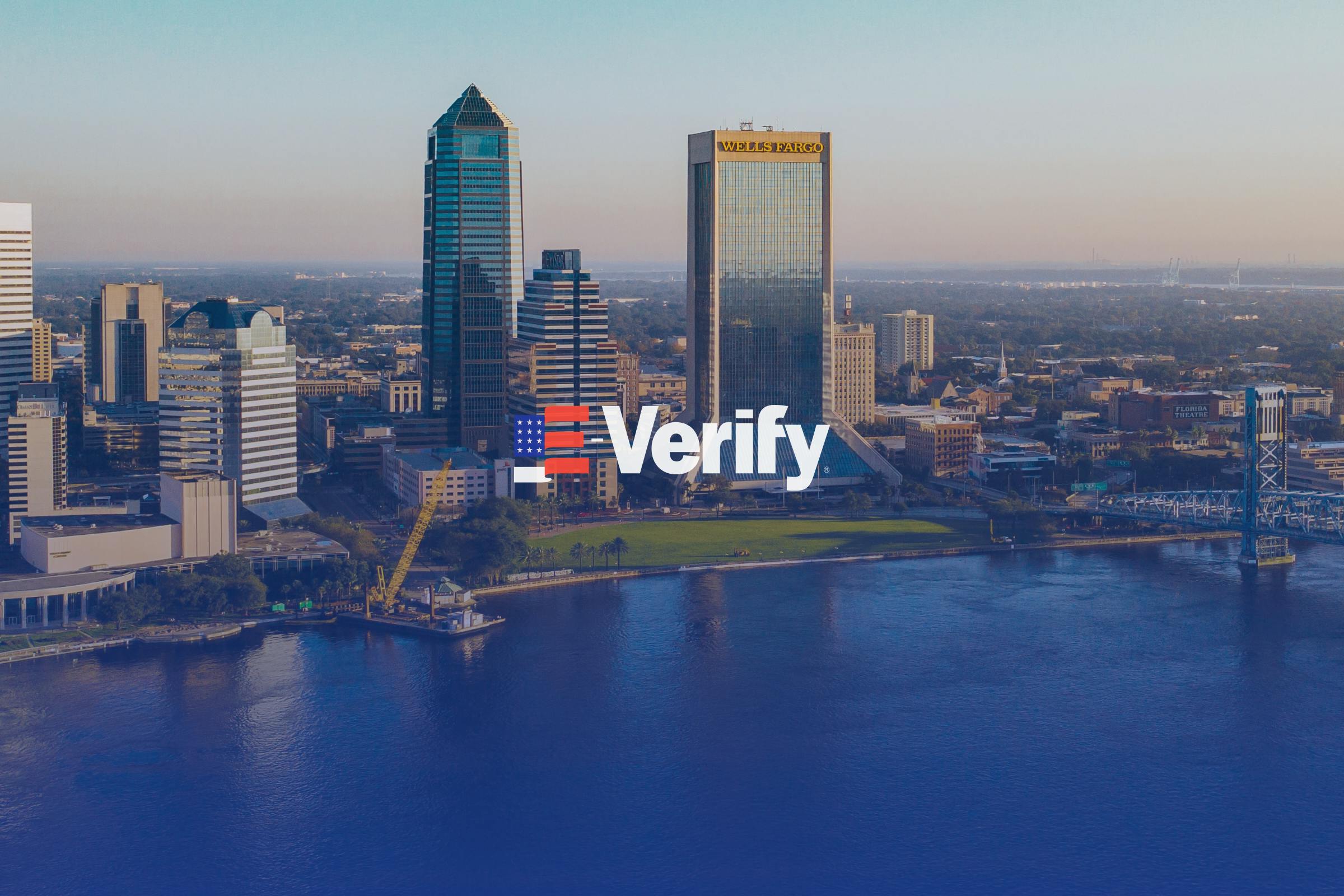Many immigration blogs discuss the process for having an employer file an I-140 (Petition for Alien Workers) on behalf of an employee who has received a job offer, but let's discuss the actual possibilities that an employer is willing to sponsor a non-citizen in the first place. This post is dedicated to understanding how foreigners who are planning on working in the United States can know if the employer they are seeking out will indeed sponsor them. This seems to be a pretty important step considering non-citizens will need a visa in order to travel to the United States, but also because some employers may be hesitant to go through the paperwork and DOL—Department of Labor to make all of this happen.
Knowing how to job search
One of the first tips that should be offered to those seeking employment in the United States via an authorization (from the USCIS), is that job searching can often be a huge predictor of whether the employer is going to be willing to file an I-140 and sponsor them. For example, on many job description postings, there should be a paragraph or a sentence at least stating whether the job is for “domestic candidates only” or whether the job is “open to international applicants”. Job searchers should be especially keen to make sure they know the difference before filling out lengthy applications.
Getting a feel for the Staff Roster
In some sectors, it is common for staff to be filled with professionals from different countries. Each team member has a specialization, perhaps a language or special background that contributes to the team and is needed to fulfill the organizational mission. One of the best ways to get a feel for a company that might hire an international applicant is by reading each staff member's “Bio”, if applicable. This should help applicants know if they are applying to a job where it is the norm to have a diverse background or the exception.
Familiarize with the company culture
Certain companies may entertain resumes and applicants from different countries, but when it comes to processing their paperwork, getting a PERM certification if needed, and going through the I-140 process, they won’t budge. They might not have the HR team needed to go through the whole process or they don’t want to spend extra money on USCIS processing fees.
In this way, company culture is huge when it comes to finding an employer who is actively seeking international applicants. For example in 2019, Google had over 1,000 H1-B visas approved and the company is known to be largely run by international tech workers.
Here are some other US-based companies across a number of sectors that have helped to approve EB visas for foreign workers:
- Deloitte (consulting company)
- Uber
- JPMorgan and Chase (business and finance)
- Cognizant (digital solutions)
- Infosys (digital services)
- Oracle (cloud technology provider)
Applicants should be able to quickly research the company they are applying for and see if they have a legacy or history of sponsoring foreign workers. This will also help applicants know if they have a good chance of having the I-140 approved by the USCIS. Applicants should want to work with companies who have gone through this process before, that way the USCIS does not file an RFE or reject the application, creating inefficiencies along the way.














